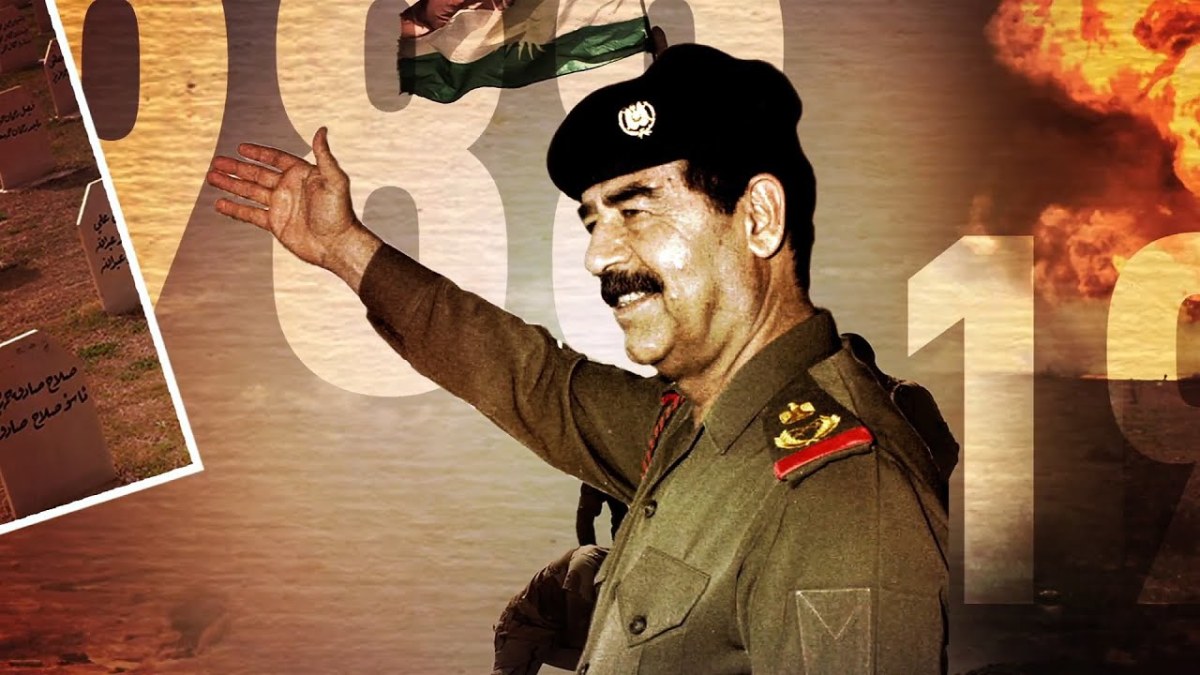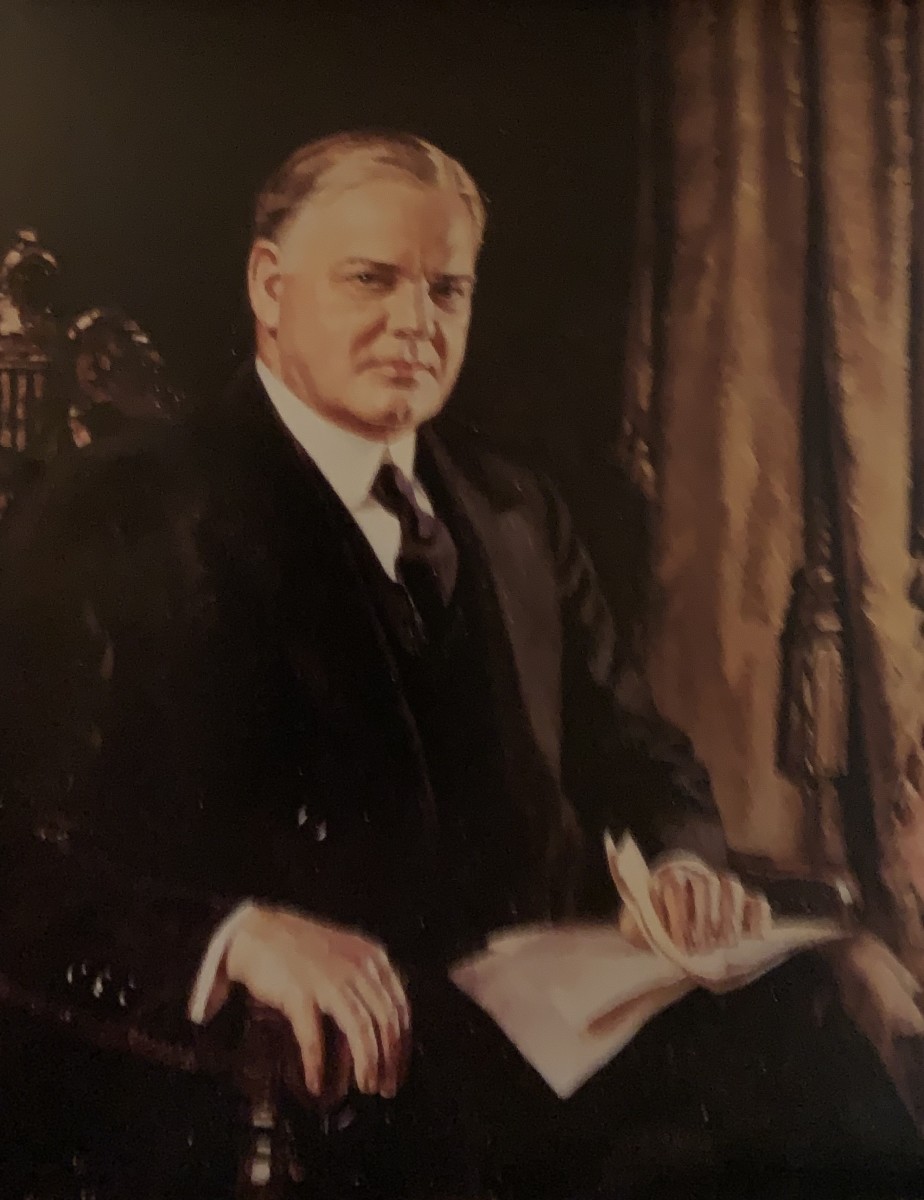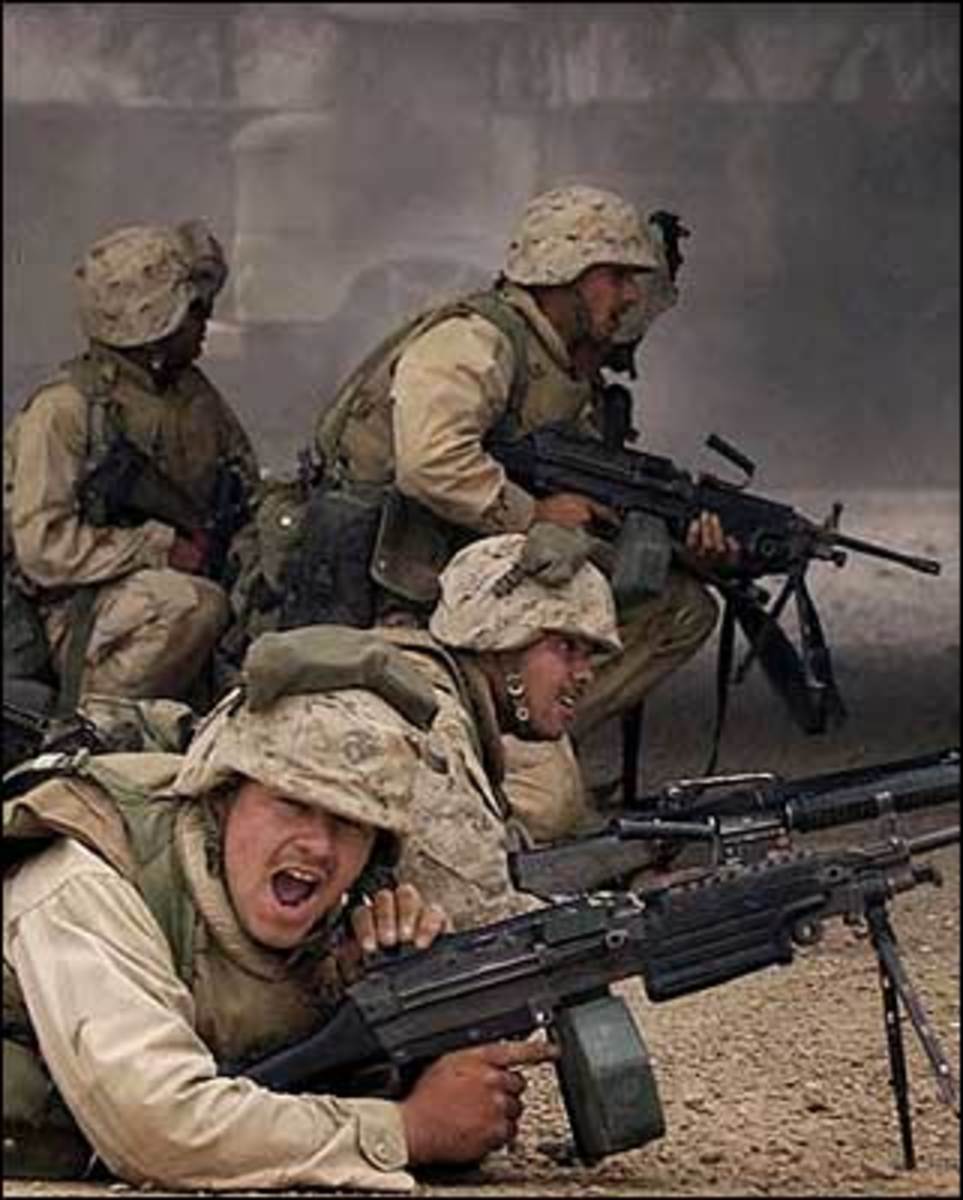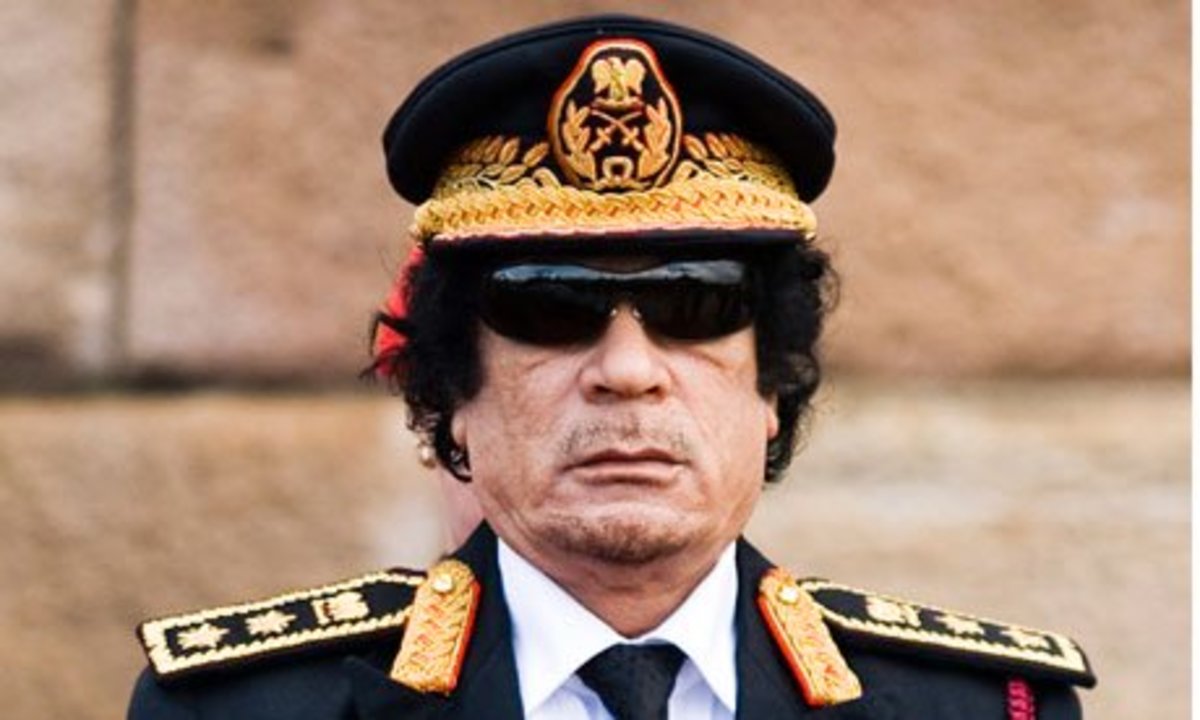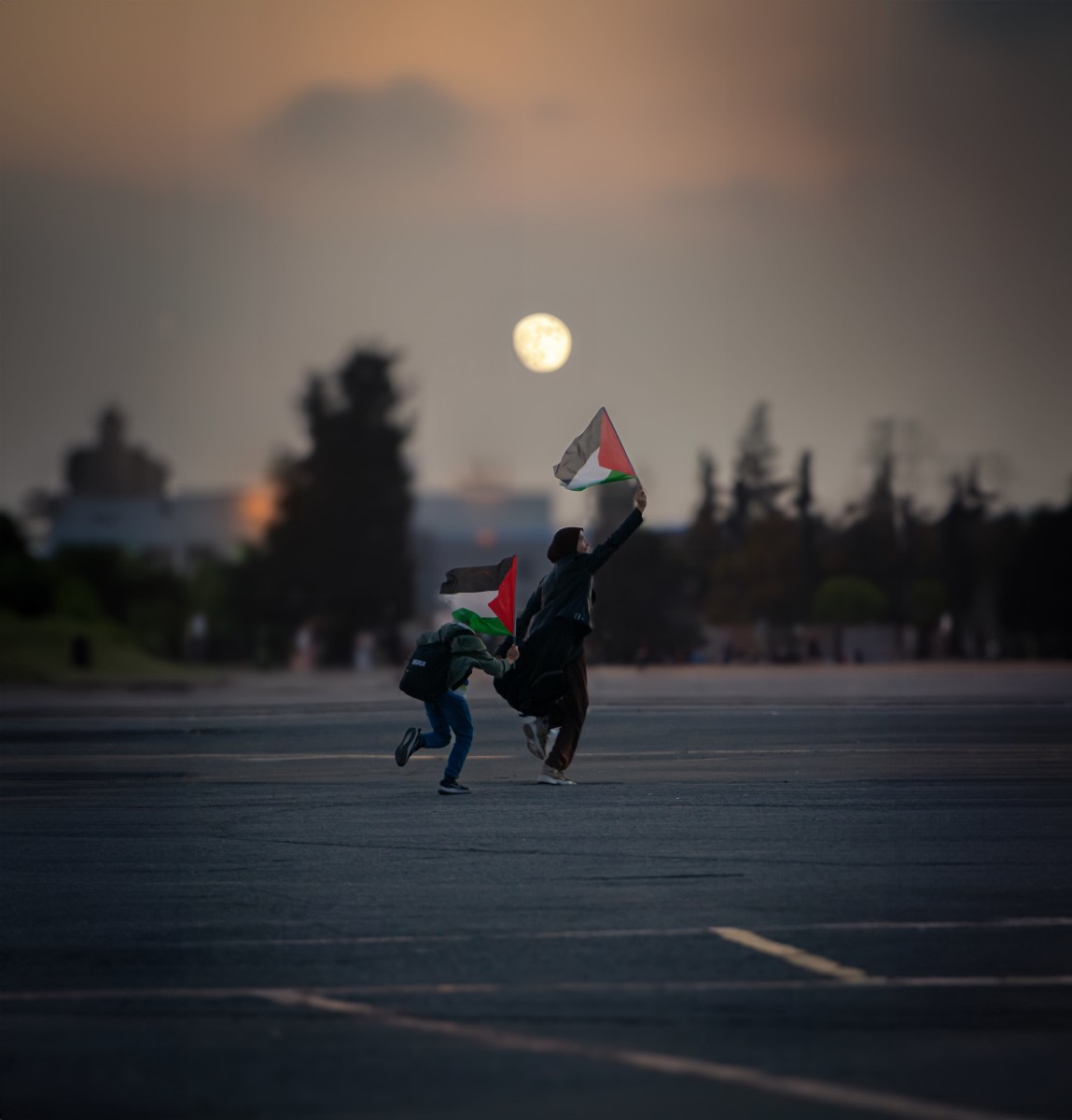The United States, Kurdistan, and the Future of Iraq.

US Forces at the Crossroads – Again!
At the end of WWI, the victorious allies were creating a massive plan to divide what was left of the once great Ottoman Empire. The allies met in 1919 at the Versailles Conference where then US President Woodrow Wilson unsuccessfully pushed for the establishment of an independent state for the Kurds who at the time were spread out among six countries with the majority in what is now northern Iraq and southeastern Turkey, with lesser numbers in northeastern Syria, northwestern Iran and the Caucuses. They were, as today - known as the world's largest nation of over 30 million people without a state of their own. Their historical struggle for self-determination, over the past decades, has been hampered by the consistent bitter rivalry between competing nationalist groups - some of which have been used as pawns by regional powers - including the United States. Since the failure of US President Woodrow Wilson’s attempt for a Kurdish state U.S. policy toward the Kurds has been inconsistent, far less supportive, often cynically opportunistic, and disastrous.
One result of this often disastrous policy happened back in 1970 when the US was bed-fellows with the dictatorial Shah of Iran. During this time the United States encouraged the Iraqi Kurds to launch an armed uprising against the left-leaning Iraqi government with the promise of continued US support if they won or lost. Unfortunately, after the Kurds failed attempt the United States government abandoned them as part of a second agreement they had with the Bagdad regime for territorial compromise which turned out to be more favorable to Iran regarding control of the Shatt al-Arab Waterway. US Secretary of State Henry Kissinger ignored concerns from human rights agencies and allies of the Kurds regarding the humanitarian consequences of this severe betrayal. The US did not heed the warnings and as a result thousands of Kurds were slaughtered. Iran then cut off access to supply lines as a retaliatory measure costing the lives of thousands more Kurds.
In the 1980’s the Kurds would later regroup and retaliate against the central government in Bagdad during the Iran-Iraqi War which was led by the guerrilla wing of the Kurdish Democratic Party or KDP, with support by the Patriotic Union of Kurdistan or PUK. The PUK received massive support by the Iranian government which eventually caused them to be labeled traitors by Saddam Hussein’s regime which responded with savage repression, killing thousands of Kurds and hoarding their bodies to mass grave sites – many were buried alive. The genocide campaign stabled a bit until the latter part of the decade when as many as 4,000 Kurdish villages were destroyed in what became known in the Middle Eastern region as the Anfal campaign. During this campaign 10,000 Kurdish civilians lost their lives and more than one million, or one-quarter of the Kurdish population was displaced.
Despite these dehumanizing atrocities the United States continued its support for Saddam Hussein’s regime against the Kurds providing Baghdad with agricultural subsidies and other economic aid as well as limited military assistance. The US White House looked the other way while knowing that a majority of the funds given to Saddam was used to purchase military equipment is support of Baghdad's genocidal war against the Kurds.
In 1988, as a direct response to Saddam’s efforts to wipe out the Kurdish population the US Senate Foreign Relations Committee composed a fact-finding report exposing Saddam Hussein's policy of widespread killings of Kurdish civilians in Northern Iraq. From the details of this report Senator Claiborne Pell introduced "The Prevention of Genocide Act" to put pressure on the Iraqi government. Unfortunately, then US President Ronald Reagan -insisting on being able to continue its military and economic support of Saddam Hussein's regime--successfully killed the measure which lead to continued aid to Saddam Hussein regime’s campaign for widespread Kurdish genocide.
Fast forwarding to 1991 around the end of the Gulf War - and while the Iraqi military was licking its wounds from a six week assault by the United States and allied forces, the Kurds once again launched a major rebellion against Saddam Hussein’s regime - while at the same time fighting a Shiite led rebellion in Southern Iraq. The Kurds were able to make rapid military advances, seizing a series of key towns. Unfortunately, these gains were reversed with a brutal counter-attack by the Iraqi military forces. US President George Bush, under scrutiny from the United Nations and the Human Right Commission called on the people of Iraq, including the Iraqi Kurds to rise up against the dictatorship. Unfortunately U.S. forces - who temporarily occupied a large strip of southern Iraq at the time once again--did nothing to support the post-war rebellion and stood by while thousands of Iraqi Kurds, Shiites, and others were slaughtered. However, despite the set backs the Kurds were able to secure a stable section of Northern Iraq’s oil- rich territory to call home.
While the world’s focus was on the demise of Saddam Hussein’s regime in 2003, via the Iraqi War, the Kurds in the North formally and somewhat peacefully gained unprecedented rights as a somewhat free people supported by the U.S.-backed constitutional government structure. The Kurds supported this effort for providing a working parliamentary majority for the Shiite-dominated United Iraqi Alliance; as a result most of the predominantly Kurdish-populated areas of Iraq have come under the control of the KDP/PUK-dominated Kurdish Regional Government. The former KDP guerrilla leader Nechirvan Barzani serves as prime minister. Baghdad has virtually no jurisdiction in the northern part of their country and over the past decade Iraqi Kurdistan has evolved into a de facto independent state.
The Democratic Patriot Alliance of Kurdistan--an alliance of the KDP and the PUK and some minor parties—now constitutes the second largest bloc in the Iraqi parliament, holding 54 seats. PUK leader Jalal Talabani has held the position of Iraqi president – although a largely ceremonial post, since 2005. Other Kurdish parties hold an additional 14 seats. Collectively, these Kurdish nationalists constitute the strongest pro-American bloc in the Iraqi parliament. The Kurds has certainly come a long way from their turbulent past towards their goal of a sovereign statehood, but what about their future? They still have basically the same enemies from the break up of the old Ottoman Empire – namely the larger Iraqi population and the Turkey Government, and a few new ones as well. Can they trust the United States and depend on their support?
Probably not! Particularly considering the United States unexpected hands-off approach while Kurdistan was being heavily bombed by Turkey. The armed forces of Turkey have launched unprecedented attacks into the Kurdish-populated region in northern Iraq to fight guerrillas of the Kurdish Workers Party (PKK). However, Kurdistan is not without it provocations - taking advantage of the establishment of an autonomous Kurdistan Regional Government in Iraq, the PKK has been escalating their raids into Turkey, prompting the October 17 decision by the Turkish parliament to authorize military action within Iraq, with approval of the United States. So where does this leave the Kurds?!
With the US military withdrawal now imminent, a chain of potential events suggests that the Kurds could end up where they started over a century ago. They face a post-election resurgence of Prime Minister Maliki who seeks greater power for Baghdad and less freedom for Kurdistan, while at the same time tensions are increasing over Kirkuk and the distribution of oil. The US still refuses to meddle in Iraq's internal affairs beyond security and stabilization – despite Maliki's continued use of Iraqi forces to undermine Kurdish authority. Perhaps Maliki’s long-term goal is to coerce the Kurds into submission over outstanding issues from the past. Another drawback for the Kurds is the fact that theUS White House has largely stood by as Iraq’s Kurds have become deeply embroiled in a fierce dispute with Turkey that threatens to explode into violence, potentially destabilizing the Northern region of Iraq (once considered the only peaceful region of Iraq), and further strain relations between the United States and Turkey, who has been a vital strategic ally for over 60 years.
For certain the struggle by the Kurdish people and the governments seeking to control them pre-dates U.S. intervention in the region. This struggle has certainly been in effect for the past generation(s). However, since US involvement it has been the American foreign policy and inconsistency which has brought the situation to its current critical juncture and makes prospects for a just and peaceful solution almost impossible. With Gaza under the control of Hamas, Lebanon in a paralyzed position, Israel facing somewhat unstable leadership, and Iraq near total collapse, the Middle East has never looked more perilous. But if the United States continues to talk the talk but not walk the walk in their dealings with the Kurds and does not move to defuse the dangerous situation in Iraqi Kurdistan fast, Washington could find itself with yet another ticking time bomb and pulling the soldiers out now without a political solution just may set it off.
The Obama administration may feel that Iraq is ready for self government – but are they forgetting that Iraq’s future is intertwined with the stability of its Northern neighbor – the troubled Kurdistan?! Can the Kurds survive a US military withdrawal, and if not will their failure bring the US military back to Iraq in the not-so-distant future?
Only time will tell.

